On the afternoon of May 31st a report by David Gritten appeared on the BBC News website’s ‘Middle East’ page with the following tags:

In addition, visitors were offered additional reading under the heading ‘more on this story’, which obviously suggests that the proffered articles – all of which relate to Israeli airstrikes against terror targets in Lebanon over the past decade – are connected to the subject matter of this latest one.
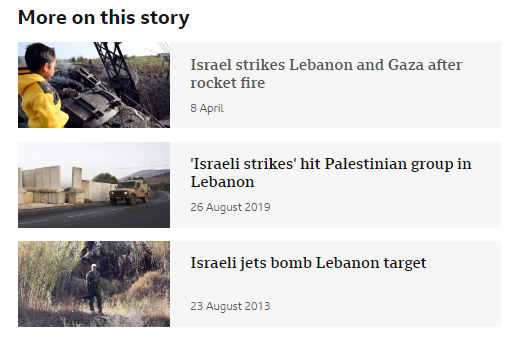
That, however, is not the case.
Gritten’s report – headlined ‘Five members of Palestinian militant group killed in Lebanon blast’ – concerns an incident which was known to have no connection whatsoever to Israel hours before it was published.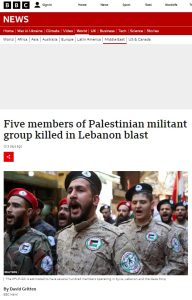
The report opens:
“Five members of a Palestinian militant group have been killed and several more wounded by an explosion in Lebanon, close to the border with Syria.
The Popular Front for the Liberation of Palestine-General Command (PFLP-GC) blamed Israel for the blast, saying it carried out an air strike on a site in the eastern town of Qusaya overnight.
But an Israeli source told the BBC that its military was not involved.
Lebanese security sources said it was caused by munitions being moved around.”
The PFLP-GC did indeed claim that its base in Qusaya had been targeted by Israel (perhaps in order to elevate its standing among its Hizballah, Syrian and Iranian allies) but military officials in both Lebanon and Israel clearly stated that was not what happened:
“In Beirut, a Lebanese military official said the explosion was the result of a blast within the base, adding that there was no airstrike. An official with a regional group allied with the Syrian government, said the explosion was the result of a “human error” that occurred when militants were handling ammunition.”
Nevertheless, Gritten elected to re-promote the terror group’s unevidenced spin later in his report, despite being fully aware of the statements from Israeli and Lebanese sources:
“A statement from the PFLP-GC accused the Israeli military of bombing a site belonging to the group and vowed to retaliate.
“This crime is not isolated from the recent accelerating events on the Lebanese and Syrian fronts, and within the framework of continuous Zionist threats targeting resistance forces inside and outside Palestine,” it said.
The Israeli military did not comment on the claim, but official sources denied it.
Lebanon’s army also did not comment, but Reuters and AFP news agencies cited Lebanese and Palestinian security sources as saying it was an accidental explosion caused by mines or rockets detonating as they were being moved.”
In other words, a significant proportion of Gritten’s report promotes an entirely unsupported claim from a terrorist organisation in the form of a ‘he said-she said’ account which hinders the reader’s understanding of the story.
Gritten twice euphemistically refers to the PFLP-GC as a “militant group” in his report, stating:
“The PFLP-GC is a relatively small militant group formed as an offshoot of the PFLP in 1968. It gained notoriety in the 1970s and 80s for bombing an airliner and carrying out cross-border attacks into Israel.”
Readers are not informed that those “cross-border attacks” include the Avivim school bus attack in May 1970 in which nine children and three adults were murdered and the attack on Kiryat Shmona in April 1974 in which 18 people – including eight children – were murdered.
Erasing the PFLP-GC’s terrorist designations by Canada, Japan the EU and the UK from audience view, Gritten states:
“According to the United States, which has designated the group as a terrorist organisation, the PFLP-GC has several hundred members operating in Syria, Lebanon and the Gaza Strip.
It says they receive logistical and military support from Syria’s government, whose forces they have fought alongside during the country’s civil war, as well as financial support from Iran.”
Why Gritten chose to present that information concerning the PFLP-GC’s known links to the Assad regime and its Iranian funding as something that the United States “says” is the case is unclear but that unnecessary qualification clearly does not contribute to audience understanding.
Not everything that goes bump in the night in the Middle East is connected to Israel. However Gritten’s framing of this story, together with its superfluous tagging and recommended additional reading, steers BBC audiences exactly in that unhelpful and irrelevant direction.
Related Articles:
BBC NEWS WHITEWASHES ONE TERROR GROUP, UNCRITICALLY QUOTES ANOTHER
NOTHING TO SEE: BBC REPORTS ON MISSILE ATTACKS FOCUS ON GRADING DAMAGE

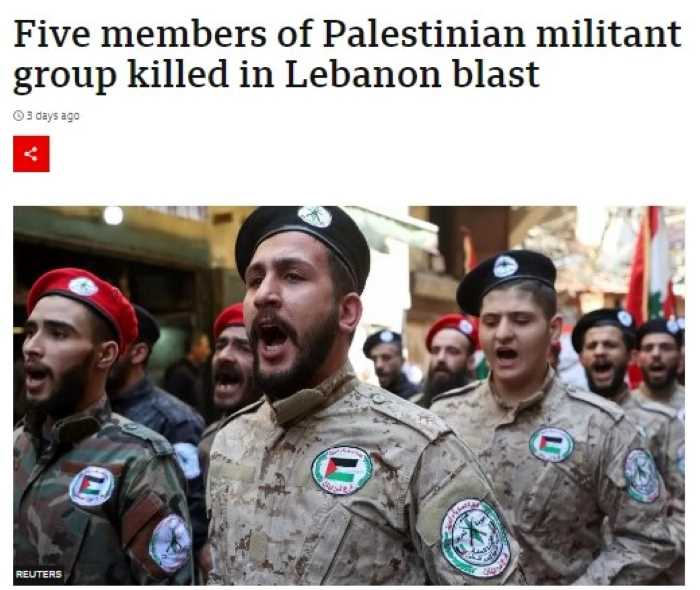

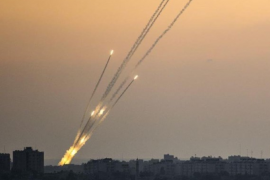
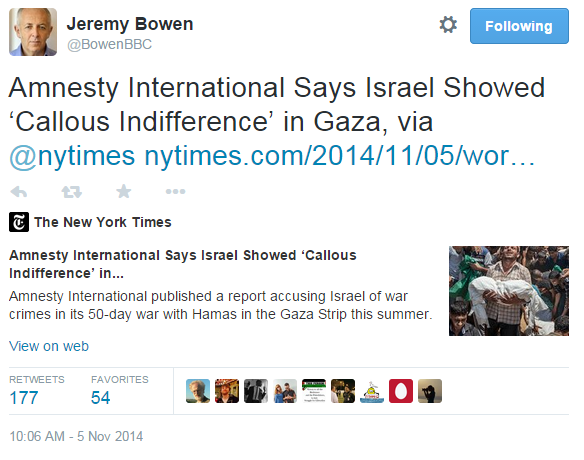
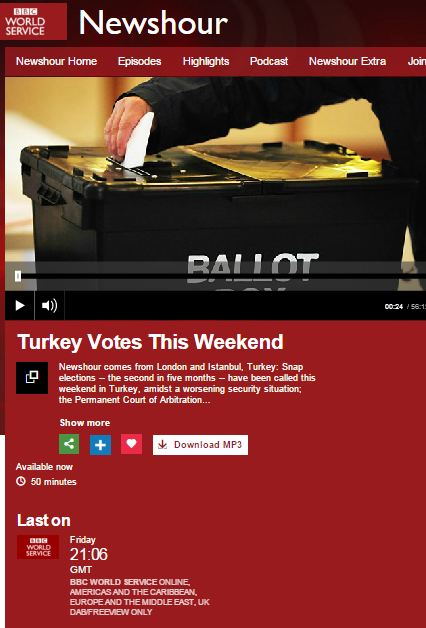
Gritten needs to go back and study how to be a real journalist not just a parrot of Islamist organisations with whom he seems to have a cosy relationship, cosy enough to print lies when he already knows himself the what the truth is but prefers to denigrate Israel who were not even involved in the clumsy accident that happened. #defundthebbc